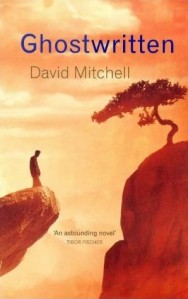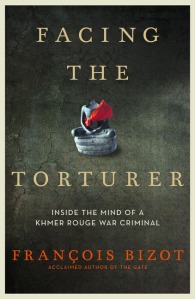
“These people have a chook tied under the bed so that it lays eggs,” said Dr Daryl Teague, explaining what the chicken was doing in a Red Cross hospital ward.
From January to April 1983, Daryl worked for the International Committee for the Red Cross (ICRC) in eastern Thailand. When he arrived, there were around 50,000 refugees living in the Khao-I-Dang UNHCR refugee camp.
Writing a book on refugees is, at times, harrowing. Nothing like tales of rape and torture to induce despair. It was therefore a very pleasant change to be drinking tea, eating cake and viewing slides in Daryl and Wendy’s gracious home as part of my research for Place of Refuge.
“Here’s a guy I operated on two days before,” continued Daryl. “He’s very lucky to have kept his leg. So I told him: you’ve got to stay in the ward and have your leg up on two cardboard boxes. Anyway, I’m walking around and bloody hell, what are you doing out here? You’re supposed to have your leg up … and he turns round and he’s made a sling so that when he sits down his leg is still up. And I thought, you are so imaginative and …”, he searches for the right adjective and finally settles on “enterprising”, this last word spoken with admiration.
“Most of the time we’re operating on blown up limbs and bodies, but this little boy came in and he had a harelip and I did a harelip repair on him. He’s about 5 and we got the parents to come in and look at him. They were just totally thrilled.”
That afternoon with Daryl and Wendy recast the Cambodian Khmer Rouge tragedy for me. As Daryl reminisced about his patients, some by name, I saw that it had been more than a mercy mission; it had been an adventure. This was made possible by Wendy’s support, no small matter considering that volunteering was not without its risk – once a bomb landed so near to the doctors’ sleeping quarters that they thought a truck had backed into their building. The bomb had, in fact, struck a large kitchen in the refugee camp, killing several workers.
War and pain and injustice exist today as they did when Daryl went to Cambodia. Being aware of human suffering and believing that we can do nothing about it induces a kind of social blindness. We turn a blind eye because it is too painful to see such horror and do nothing.
But if we can look at evil in the face and ask ourselves: what we can do about this? what gifts and resources do we have? what lies within our circle of influence? then perhaps things will start to change, the change, whether big or small, a testament to goodness and mercy and hope. In Daryl’s words, emailed to me after proofreading this post: There is honour amongst refugees.


